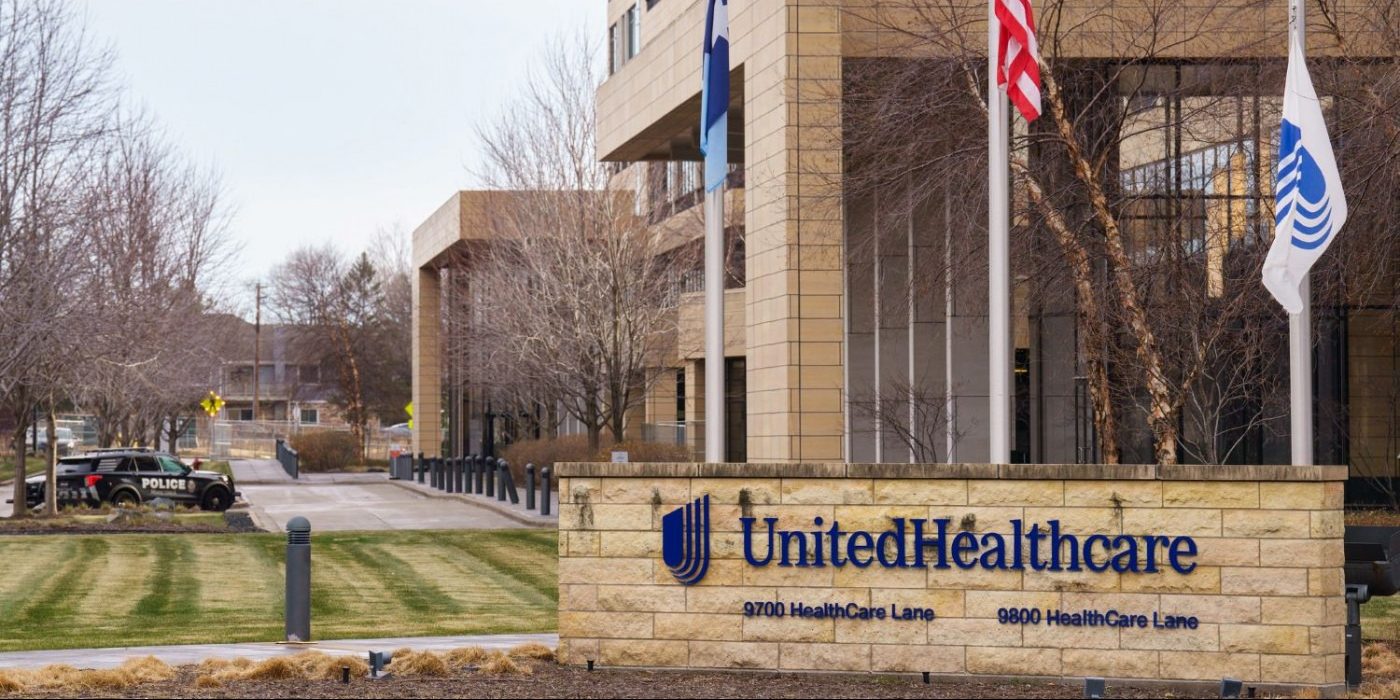Luigi Mangione: A case for vigilante activism
The failure of institutions to deliver justice is a tale as old as time, yet resolutions to such failures remain frustratingly rare. Luigi Mangione’s case offers a compelling lens through which to examine the role of vigilante action in addressing societal defects. The alleged targeting of UnitedHealthcare CEO Brian Thompson was a purposeful symbol of the growing frustration with the American healthcare system, fueled by escalating costs.
The American healthcare crisis is more than an economic issue — it is a public safety emergency. Millions of people are restricted from critical procedures and medications due to unaffordability, all to uphold the profitability of medical corporations. UnitedHealthcare’s annual report revealed the company profited over $20 billion in 2022, underscoring the system’s vicious nature when contrasted with the stories of patients forced into medical bankruptcy. Despite the controversy surrounding Mangione’s alleged actions, a deeper societal truth emerges: when it comes to injustice, there comes a point of institutional inaction where individuals feel compelled to take matters into their own hands. Mangione’s case highlights the dangers of unregulated capitalism and raises the question of whether vigilante activism can be justified as a response to institutional negligence.
This act symbolizes the frustration of countless Americans facing systemic harm from a profit-driven healthcare system — a public safety threat in itself
The US healthcare system is notorious for its inequitable access, leaving millions uninsured or underinsured. For many, the choice between skipping care and incurring crippling debt is a stark reality that reflects the system’s inhumanity. These systemic inequities disproportionately harm low-income and marginalised communities. Despite an increase in per capita healthcare spending in 2020, over 31 million Americans remained uninsured.
The multi-million-dollar salaries of CEOs like those at UnitedHealthcare make these statistics even more appalling. A system driven by corporate greed has created a dystopia where profits overshadow patient well-being. While reforms like the Affordable Care Act (ACA) improved access to care, they left critical gaps. Specifically, the ACA failed to address exploitative practices in the private insurance market, forcing millions to face unaffordable premiums. A Gallup poll recently revealed that 70% of Americans believe the healthcare system prioritizes profit over patient welfare, reflecting significant public dissatisfaction with institutional inadequacies.
Vigilantism arises when individuals act to deliver justice themselves due to perceived institutional failures. The alleged targeting of UnitedHealthcare CEO Brian Thompson by Mangione represents vigilante activism aimed at corporate oppression. This act symbolizes the frustration of countless Americans facing systemic harm from a profit-driven healthcare system — a public safety threat in itself. Mangione’s alleged actions align with the concept of retributive justice, seeking accountability for corporate leaders who profit from the denial of essential care.
Historically, vigilante activism has emerged in response to systemic failures. Examples include Mexico’s autodefensas, formed to combat cartel violence, and the Guardian Angels patrolling New York City subways to deter crime. However, such actions also raise ethical dilemmas, primarily: is violence ever justified to address systemic harm?
Mangione’s alleged act is not an isolated event; it reflects the desperation of millions who have long felt unheard
A common critique of vigilante actions, such as the alleged assassination of Thompson, is that they undermine formal processes for addressing societal issues. However, when institutions repeatedly fail to deliver justice and reform, alternative forms of accountability become inevitable. Globally, community policing groups have successfully addressed the inadequacies of law enforcement, demonstrating the necessity for grassroots justice. Critics also argue that vigilante actions promote violence, yet it is crucial to recognize the systemic violence perpetuated by the American healthcare industry. The suffering caused by unaffordable care is itself a form of institutionalised harm, one that would worsen if left unaddressed. Mangione’s alleged act is not an isolated event; it reflects the desperation of millions who have long felt unheard. Finally, critics claim targeting a single CEO fails to address structural problems. However, symbolic actions often spark broader movements. Mangione’s case has already ignited critical conversations about healthcare reform on a national and global scale.
Despite its polarising nature, Mangione’s alleged actions reflect the deep social desperation surrounding the American healthcare system. His act of vigilante activism symbolizes the collective unrest born from institutional inaction. If left unresolved, vigilante actions like Mangione’s may become more frequent as public trust in institutions continues to erode. This situation highlights the growing power of corporations and their ability to surpass or manipulate government regulation. It raises a pressing question: if institutions and governing bodies fail to reform their inadequacies, who will? Society must demand systemic reform and justice to address these inequities and prevent individuals from being driven to extreme measures born of desperation.

Comments (2)
I admire your ability to convey such detailed information in an accessible way.
Is there a point at which vigilante actions can be justified in the face of widespread institutional failure, and how should society balance the need for justice with maintaining order?